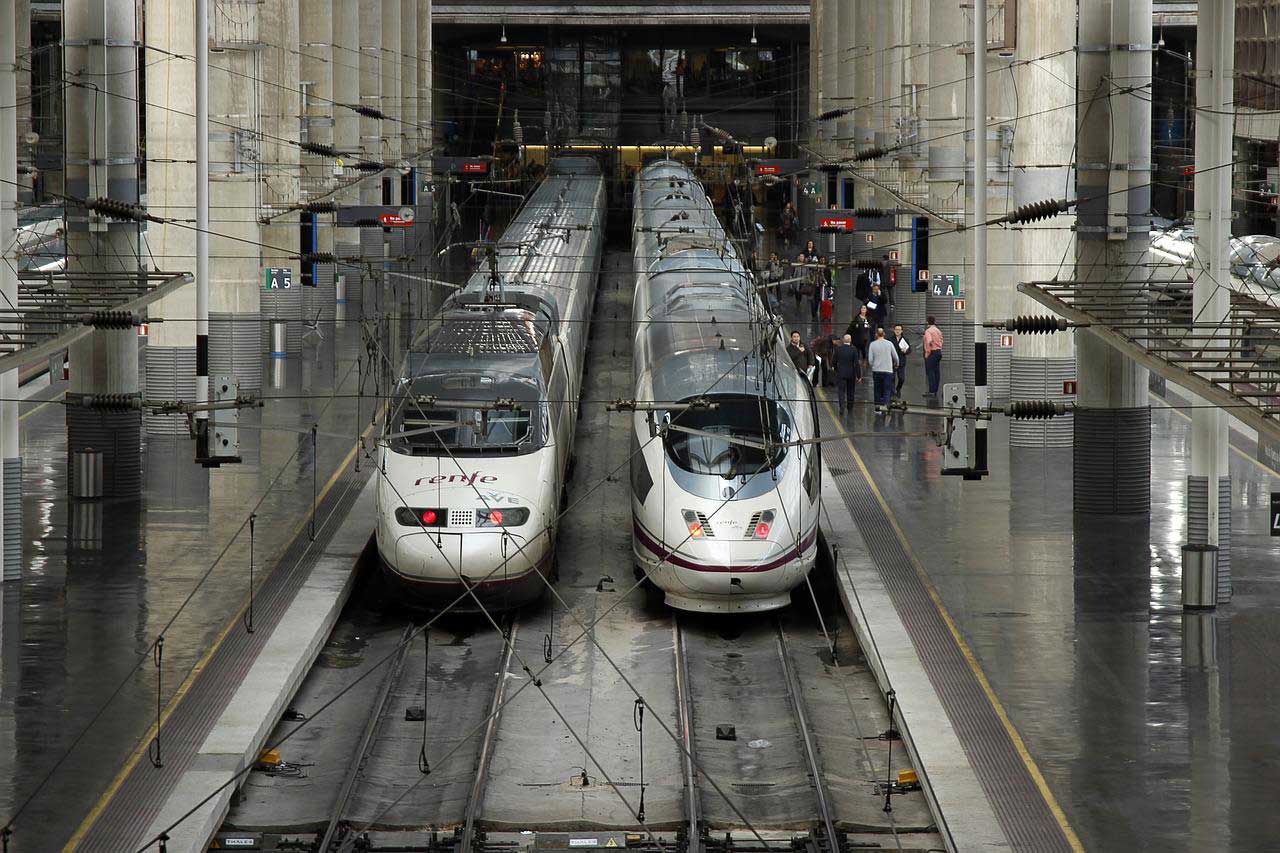The EU introduced new rules for passenger transportation by rail. The rules have already entered into force and establish more comprehensive protection of passengers in case of trip disruption.
Mobility and Transport Commissioner Adina Valean said: “The new rules will improve the protection of rail passengers faced with delays, cancellations and missed flights. They will also better meet the needs of people with disabilities or reduced mobility,” the EU website said.
The new rules establish:
In cases where passengers have not been offered a decision on how to continue their journey within 100 minutes of the interruption, they will have a new right to independently change the route. In such cases, passengers can now make their arrangements for alternative rail or bus travel, and the carrier must reimburse the “necessary, appropriate, and reasonable” cost of the additional ticket.
Rail companies that qualify as a “single undertaking” must now offer “through tickets”, which means passengers have more rights if they are late for a transfer, including the right to a refund of the ticket price or compensation, accommodation if the journey is not can be extended on the same day.
Infrastructure managers and railway undertakings must now provide dynamic real-time traffic and journey information not only to railway undertakings but also to ticket sellers and tour operators.
By expanding access to rail companies’ reservation systems, the new rules will also allow marketers and operators to prepare more innovative offers, such as package tickets covering different carriers and combinations of connections.
The new system also strengthens complaints handling mechanisms and reinforces the obligation of national authorities to cooperate in this regard.
In addition, the new framework includes several new provisions designed to make rail travel more convenient for people with disabilities or reduced mobility.
The railway undertaking, ticket seller, or tour operator shall not require such person to be accompanied by another person, except where necessary to comply with established access rules. In this case, the accompanying person has the right to free travel and a seat next to the person they are helping.
The advance notification period for assistance requests has also been reduced to 24 hours, which is significantly shorter than that required for other modes of transport (36 hours for buses and 48 hours for air and water transport).
The new set of rules also provides for special spaces for assembled bicycles, making them mandatory for all new trains ordered after June 7, 2025, as well as for trains undergoing major modernization from that date.
The new legislation also sets out rules for rail companies and national authorities to develop plans to increase and improve bicycle transport, as well as other solutions to encourage rail and bicycle sharing.
To create equal conditions with other modes of transport, the regulation also clarifies:
Railway enterprises are not obliged to:
- Pay compensation for delays or cancellations caused by “force majeure”.
- These are extraordinary circumstances not related to the operation of the railway, such as extreme weather conditions, pandemics, and terrorist attacks. This provision will only apply if the carrier can neither prevent nor avoid – regardless of the precautions taken – the consequences of these events.
- A strike by railroad workers is not an extraordinary circumstance. The force majeure clause only exempts the railway company from payment of compensation for delay or cancellation, but not from other obligations.
- Even in the event of force majeure, the railway company will still have to reimburse the cost of the ticket or redirect the passenger to another route, as well as provide assistance.

